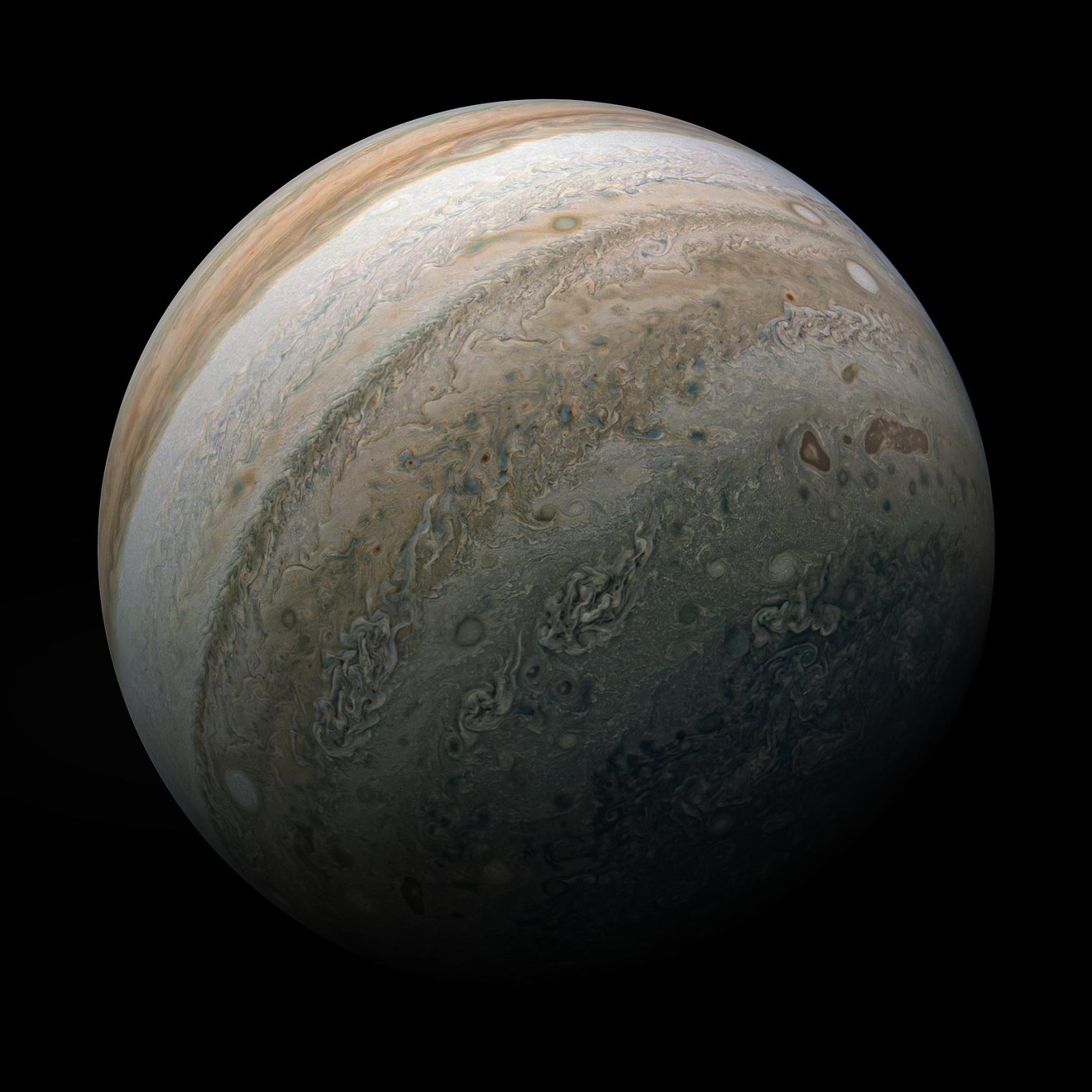Astronomers discover unusual Jupiter-sized planet orbiting cold low-mass star

An international team of scientists, led by astronomers from the University of Birmingham, has made a remarkable discovery in the Corvus constellation - an unusual Jupiter-sized planet orbiting a low-mass star called TOI-4860.
Dubbed TOI-4860 b, the gas giant is unusual for two reasons. Firstly, it defies conventional wisdom, as stars with such low mass are not typically expected to host massive planets like Jupiter. Secondly, the planet exhibits an unusual enrichment of heavy elements, making it a unique celestial find.
The gas giant was initially identified using NASA's Transiting Exoplanet Survey Satellite (TESS) as a transient drop in brightness while transiting in front of its host star. However, this initial data alone was not enough to confirm the presence of a planet.
The team turned to the SPECULOOS South Observatory, located in Chile's Atacama Desert, to confirm this discovery. The researchers measured the planetary signal in several wavelengths and validated its nature. They also observed the planet before and after it vanished behind its host star, discovering no change in light emission, indicating that the planet does not emit light itself.
Further, the team collaborated with a Japanese group utilizing the Subaru Telescope in Hawai’i to measure the planet's mass to fully confirm it.
"Since planets are created from that disc, high-mass planets like Jupiter, were widely expected not to form. However, we were curious about this and wanted to check planetary candidates to see if it was possible. TOI-4860 is our first confirmation and the lowest mass star hosting such a high mass planet," says George Dransfield, one of those PhD students, who recently submitted her thesis at the University of Birmingham.
TOI-4860 b takes just 1.52 days to complete a full orbit around its host star. The gas giant orbits a cold low mass star, earning it the designation of a "Warm Jupiter" - a subclass of planets that holds immense interest for astronomers seeking to delve deeper into their formation and characteristics.
The team has been granted telescope time at the European Southern Observatory's Very Large Telescope in Chile, which they will utilize in confirming several more planets with similar properties.
"Thanks to its very short orbital period, and to the properties of its host star, the discovery of TOI-4860 b provides a brilliant opportunity to study the atmospheric properties of a warm Jupiter and learn more about how gas giants are formed," added Mathilde Timmermans, another student of the SPECULOOS project, working at the University of Liege in Belgium.
- READ MORE ON:
- TOI-4860 b
- NASA TESS TOI-4860 b discovery
- Very Large Telescope










